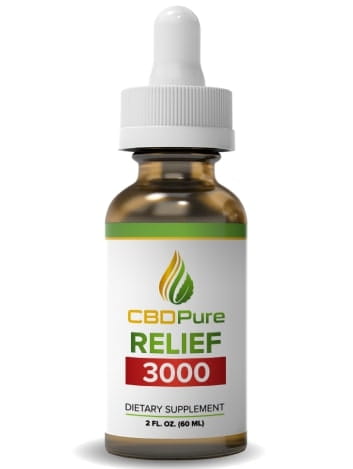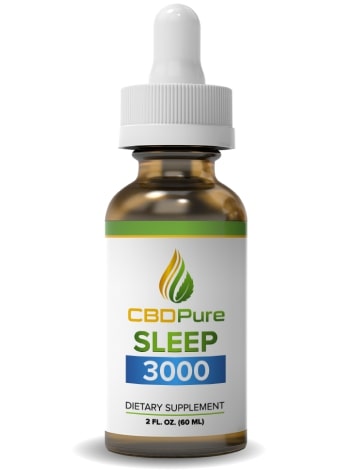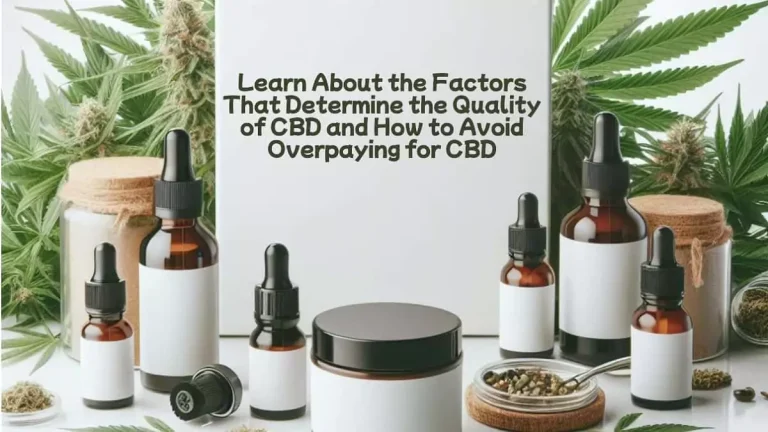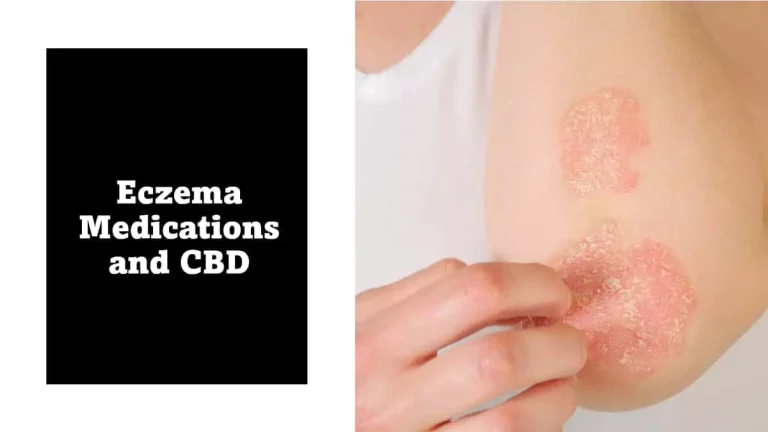CBD Third-Party Certification: As CBD products continue to gain popularity, the market is becoming increasingly crowded with products from various brands. With so many options available, it can be challenging to determine which products are of high quality and safe to use. This is where third-party certification comes in, which provides an independent verification of the quality and safety of CBD products.
Table of Contents
Are you concerned about the quality and safety of the CBD products you are using? Read on to learn how CBD third-party certification can help you ensure that you are getting high-quality and safe CBD products.
CBD, short for cannabidiol, is a compound found in cannabis plants. Unlike THC (tetrahydrocannabinol), another compound found in cannabis, CBD does not produce the psychoactive effects associated with cannabis use. Instead, CBD is believed to have various health benefits, including reducing anxiety, managing pain, and improving sleep quality.
With the increasing popularity of CBD, the market for CBD products has grown significantly. There are now numerous CBD products available, including CBD oils, CBD capsules, CBD edibles, and CBD topicals, among others. However, not all CBD products are created equal, and some may be of poor quality and potentially harmful.
One way to ensure that you are purchasing high-quality and safe CBD supplements is by looking for third-party certification.
What is CBD Third-Party Certification?
Third-party certification refers to an independent verification process in which an impartial third-party organization assesses and verifies the quality, safety, and compliance of a product. In the context of CBD products, third-party certification involves a third-party laboratory testing the CBD products to determine their cannabinoid profile, potency, and the presence of contaminants such as pesticides, heavy metals, and residual solvents.
Why is Third-Party Certification Important for CBD Products?
Third-party certification is important for CBD products for several reasons:
1. Verification of Quality and Potency:
Third-party testing verifies the quality and potency of CBD products. This is especially important as some CBD products may be mislabeled or contain less CBD than advertised.
2. Identification of Contaminants:
Third-party testing also identifies the presence of contaminants in CBD products, such as pesticides, heavy metals, and residual solvents. These contaminants can be harmful to human health and should be avoided.
3. Transparency:
Third-party certification provides transparency and builds trust between the CBD product manufacturers and consumers. It shows that the manufacturer is committed to quality and safety and is willing to invest in third-party testing to ensure their products are safe and effective.

Types of CBD Third-Party Certification
There are various types of third-party certification for CBD products, including:
1. ISO (International Organization for Standardization) Certification:
ISO certification verifies that a CBD product is produced according to internationally recognized standards for quality management systems, ensuring that the product meets high standards of quality and safety.
2. USDA (United States Department of Agriculture) Organic Certification:
USDA organic certification verifies that a CBD product is made with organic ingredients and is free from harmful pesticides and other chemicals.
3. GMP (Good Manufacturing Practice) Certification:
GMP certification verifies that a CBD product is manufactured in accordance with strict guidelines for quality control and safety.
4. COA (Certificate of Analysis):
A COA is a document issued by a third-party laboratory that verifies the potency and purity of a CBD product. It provides detailed information about the product’s cannabinoid profile, potency, and the presence of contaminants.

How to Identify Third-Party Certified CBD Products
Identifying third-party certified CBD products can be challenging, as not all CBD manufacturers provide this information on their products’ labels. However, there are several ways to identify third-party certified CBD products:
1. Look for a QR code on the product packaging:
Some CBD manufacturers include a QR code on their products’ packaging, which can be scanned to access the product’s third-party certification information.
2. Check the manufacturer’s website:
Many CBD manufacturers provide third-party certification information on their websites. Look for a page dedicated to third-party testing or search for the product’s batch number or lot number on the website to access the certification information.
3. Look for the certification logo:
Some CBD manufacturers include the certification logo on their products’ packaging or advertising materials. Look for logos such as ISO, USDA organic, or GMP to identify third-party certified CBD products.
CBD Third-Party Certification: Conclusion
In conclusion, third-party certification is an essential factor to consider when purchasing CBD products. It provides an independent verification of the quality, safety, and compliance of CBD products, ensuring that consumers are getting high-quality and safe products. When purchasing CBD products, it’s essential to look for third-party certification information on the product packaging or the manufacturer’s website. By doing so, you can be confident that you are getting a high-quality and safe CBD product that meets industry standards.



